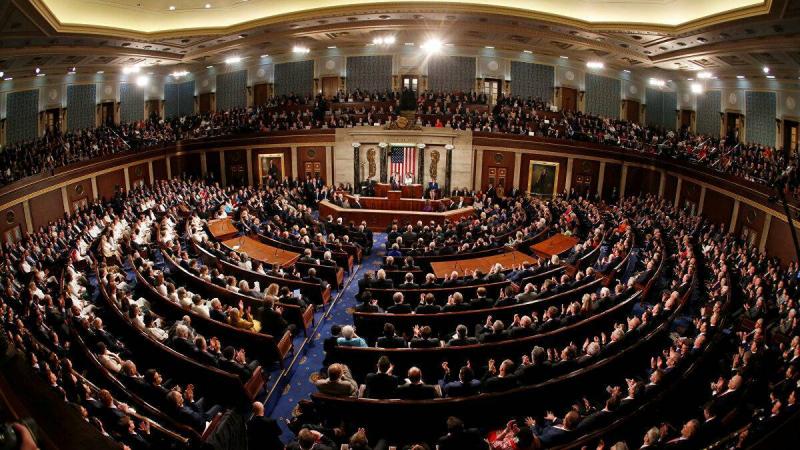Members of the U.S. Senate from both the Republican and Democratic parties expressed skepticism on Tuesday regarding a plan put forward by Republicans in the House of Representatives to provide $14.3 billion in aid to Israel by cutting funding for the Internal Revenue Service without providing assistance to Ukraine. Democratic President Joe Biden threatened to veto the bill if it is passed by both chambers.
In the first major legislative action during the tenure of new House Speaker Mike Johnson, Republicans unveiled a separate spending bill solely for Israel, despite Biden's request for a $106 billion package that includes aid for Israel and Ukraine, funds for border security, and financing to enhance competition with China in the Indo-Pacific region.
Republicans hold a majority in the House with 221 seats to 212 for Democrats, but Democrats control the Senate with a majority of 51 seats to 49. For the measure to become law, it needs the approval of both the House and Senate and Biden's signature.
Senate Majority Leader Chuck Schumer confirmed that the Republican bill has no chance in the Senate, even if it passes in the House. Schumer told reporters, "The bottom line is that it's not a serious proposal." The Biden administration stated that Biden would use his veto against the bill if it reaches his desk. The White House Office of Management and Budget described the bill as "bad for Israel, bad for the Middle East, and bad for our national security."
Senate Republican Leader Mitch McConnell told reporters that he believes the four issues—Ukraine, Israel, Taiwan, and the border—should be dealt with together. Secretary of State Antony Blinken met with Johnson on Tuesday after testifying in the Senate. During the session, Blinken and Defense Secretary Lloyd Austin stated that Ukraine needs ongoing American assistance to win its fight against Russian invaders. State Department spokesperson Matthew Miller said they discussed issues including Biden's request for support for Ukraine and Israel. Republicans are expected to pass the legislation in the House in the coming days.




